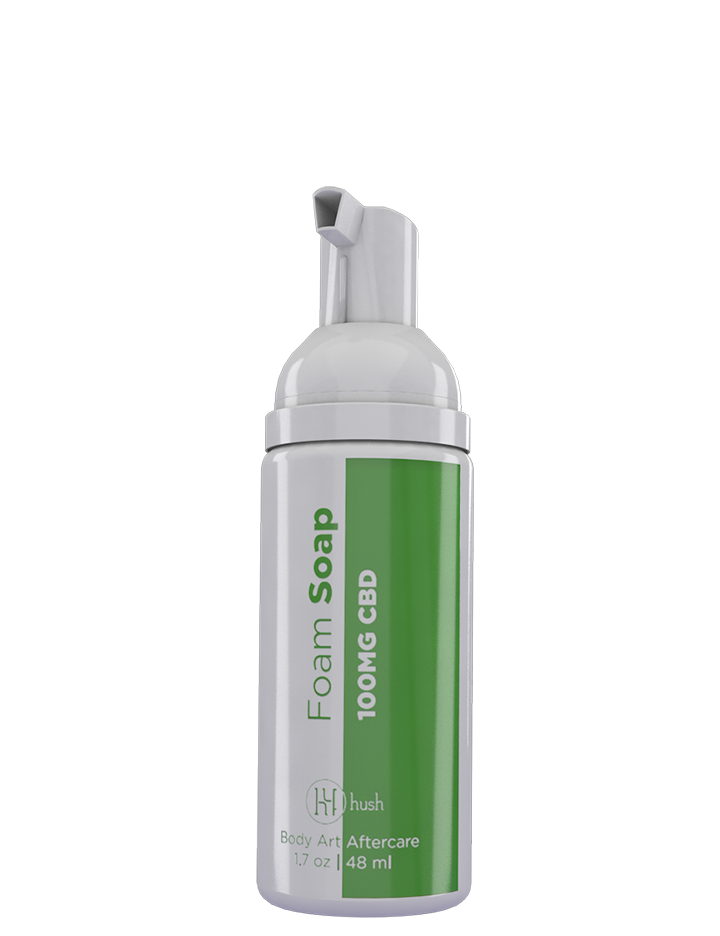Key Takeaways:
-
In East Asian traditions, particularly Chinese, Japanese, and Korean traditions, dragons are revered rather than feared. In the East, dragons are benevolent, wise, and associated with royalty or the divine.
-
On the other hand, Western dragons guard gold, live in caves, and often require knights to come in and settle things with swords. It’s all very Game of Thrones. They often symbolize strength and bravery, but they can carry a darker edge. They’re for people who want their ink to point toward fierce strength.
-
Wherever you go, dragons mean something epic. Just be sure your tattoo style matches the cultural richness you’re channeling, especially if you’re drawing from traditional symbolism.
If you’re thinking about getting a dragon tattoo, it’s probably a good idea to familiarize yourself with the lore. Dragons don’t do small talk. They breathe fire, hoard treasure, and command storms. In tattoo form, they’re like a mark of power.
Let’s unpack what these majestic beasts actually mean, especially in East Asian cultures and a few other places where dragons reign.
East Asian Dragons: Power, Wisdom, and Weather Control
In East Asian traditions, particularly Chinese, Japanese, and Korean traditions, dragons are revered, not feared. In the East, dragons are benevolent, wise, and often associated with royalty or the divine.
Chinese emperors used to claim dragon lineage, which is basically the historical equivalent of saying, “I'm an otherworldly being descended from the gods.” A Chinese dragon tattoo often symbolizes strength, good fortune, and transformation.
It’s also associated with the element of water. While Western dragons torch villages, Eastern dragons control rivers, rainfall, and oceans.
Japanese dragons (known as ryū) are similarly revered but often take on a more serpentine, elongated form. They represent balance, protection, and bravery. Sometimes, they even have three toes, which is an artistic mark unique to Japan's rich creative past.
Korean dragons, or yong, are often seen as protectors and are believed to bring rain to farmers. Korean farmers hundreds of years ago highly respected dragons, believing they were essential to their good fortune.
So, if you get a dragon tattoo with East Asian flair, you’re embodying luck, wisdom, and cosmic harmony.
Western Dragons: Chaos, Carnage, and Charisma
In the Western mythological corner, dragons are a whole different breed. Think smoke, scales, and pure rage. Western dragons guard gold, live in caves, and often require knights to come in and settle things with swords. It’s all very Game of Thrones.
In the Western tattoo tradition, dragons can still symbolize strength and bravery, but they often carry a darker edge. They’re for people who want their ink to whisper fierce strength. They're also popular among people who love fantasy games, books, and shows.
Other Takes on Dragons
In Southeast Asian mythology, dragons blend into serpent deities like Nāga. Dragon-like creatures are linked to protection and the underworld.
In Celtic traditions, dragons are linked to earth energies and magical ley lines, which is a fancy way of saying they’re the most important means of connecting to ancient Druidic power.
Wherever you go, dragons mean something epic. Just be sure your tattoo style matches the cultural richness you’re channeling, especially if you’re drawing from traditional symbolism.
FAQs
Should a dragon tattoo go up or down?
Chinese culture is extremely reverent when it comes to dragons and almost always displays them in positions of ascension (it's a bad omen to see a dragon facing downwards).
How do I care for a new large tattoo?
- Day 1: Leave the bandage on as directed, then gently wash with an antiseptic and fragrance-free soap. Moisturize with a fragrance-free lotion.
- Days 2-4: Your tattoo may look faded or lose ink—this is normal; keep it clean and moisturized.
- Days 5-7: Keep washing, moisturizing, and avoiding tight clothes or picking at scabs.
- Days 7-14: Scabs will fall off on their own—resist scratching to avoid damage.
What other tattoos represent strength?
An eagle tattoo is representative of strength and courage in many cultures. Other animals that symbolize power and strength include tigers and lions. Swords are also popular symbols of fearlessness because they represent strength and courage.
The Bottom Line: Should I Get a Dragon Tattoo?
If you feel a connection to any of the mythology, culture, and lore surrounding dragons, a tattoo may be a wise idea. Just be sure about the placement and art style. After you’ve summoned a dragon onto your skin, it’s only fair to treat it like royalty.
That’s where HUSH CBD tattoo balm comes in handy. Infused with calming botanical extracts and skin-loving cannabinoids, it helps support recovery, reduce irritation, and keep your dragon scales (er, skin) soft and vibrant.
Pamper your wise, all-knowing beast with the HUSH tattoo aftercare kit. It's packed with everything you need to help your dragon heal and keep it soft and shimmery.
Sources:
Year of the Dragon | Natural History Museum
Chapter 5 The Ethnology of the Dragon | Brill
The Naga, the Sun, and the Crow | Humanities and Social Sciences Online




